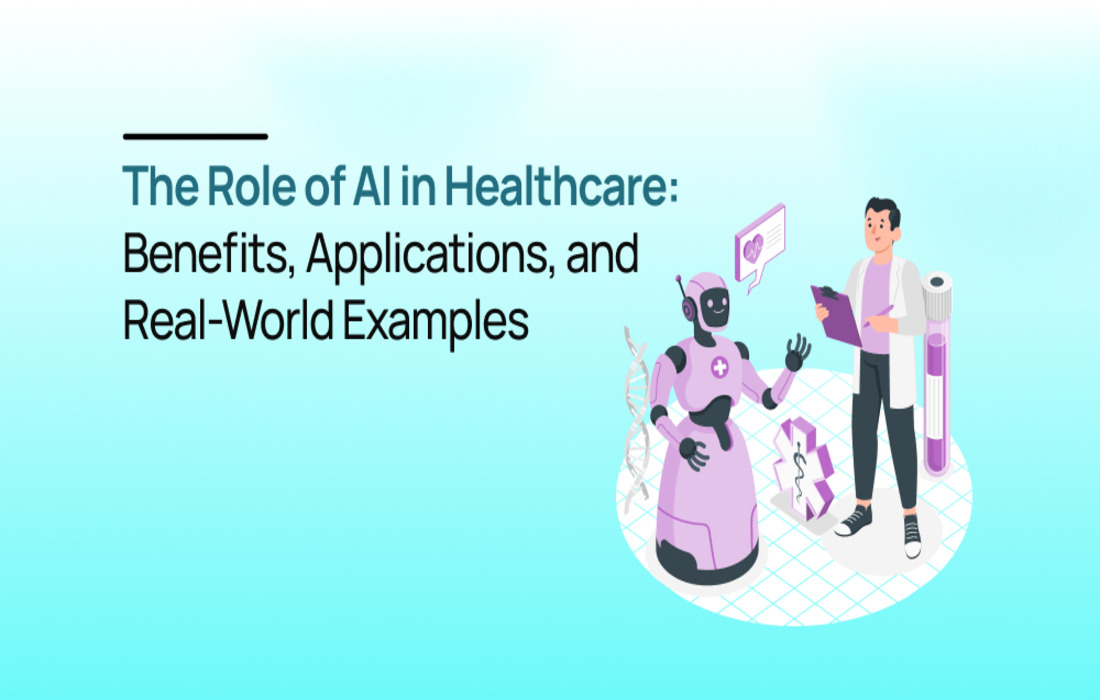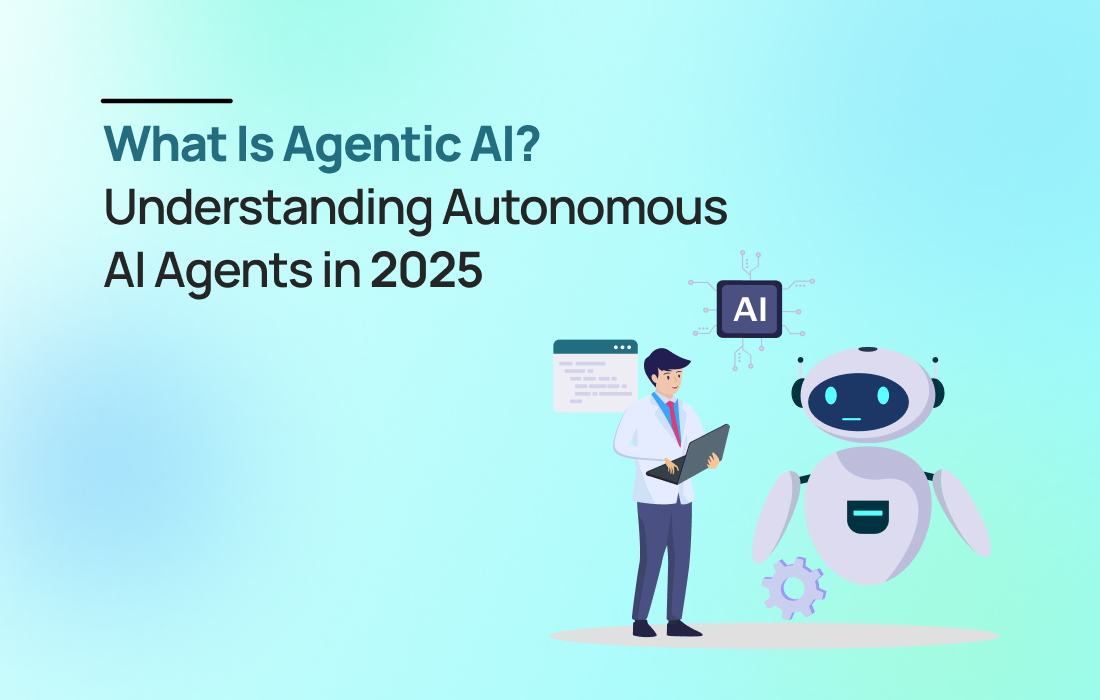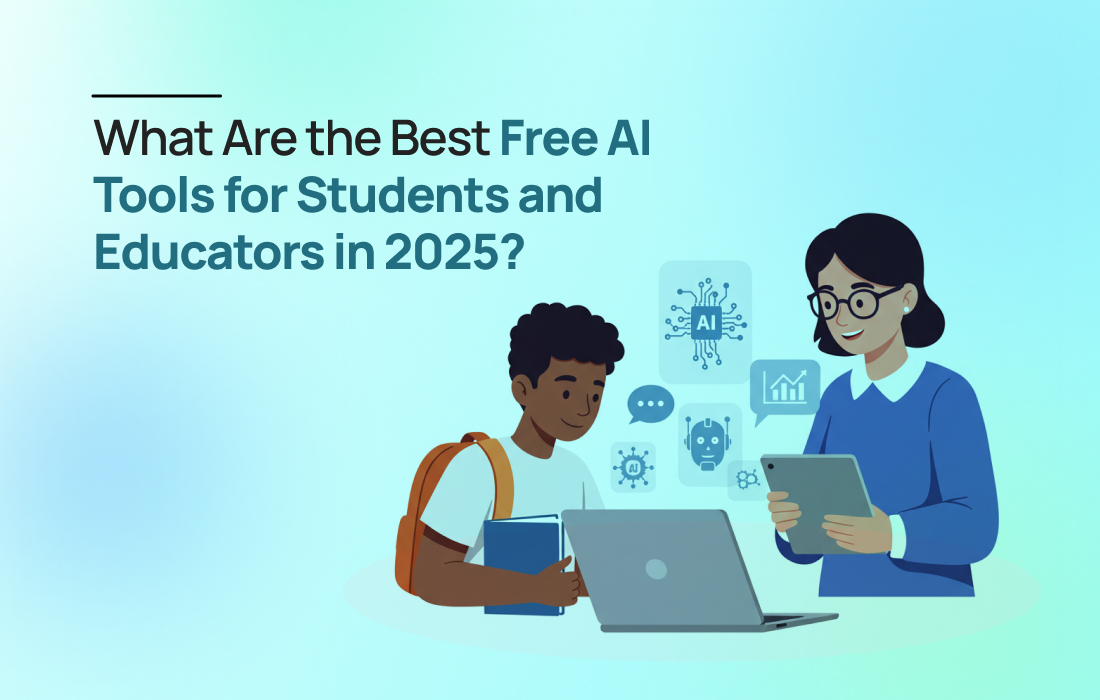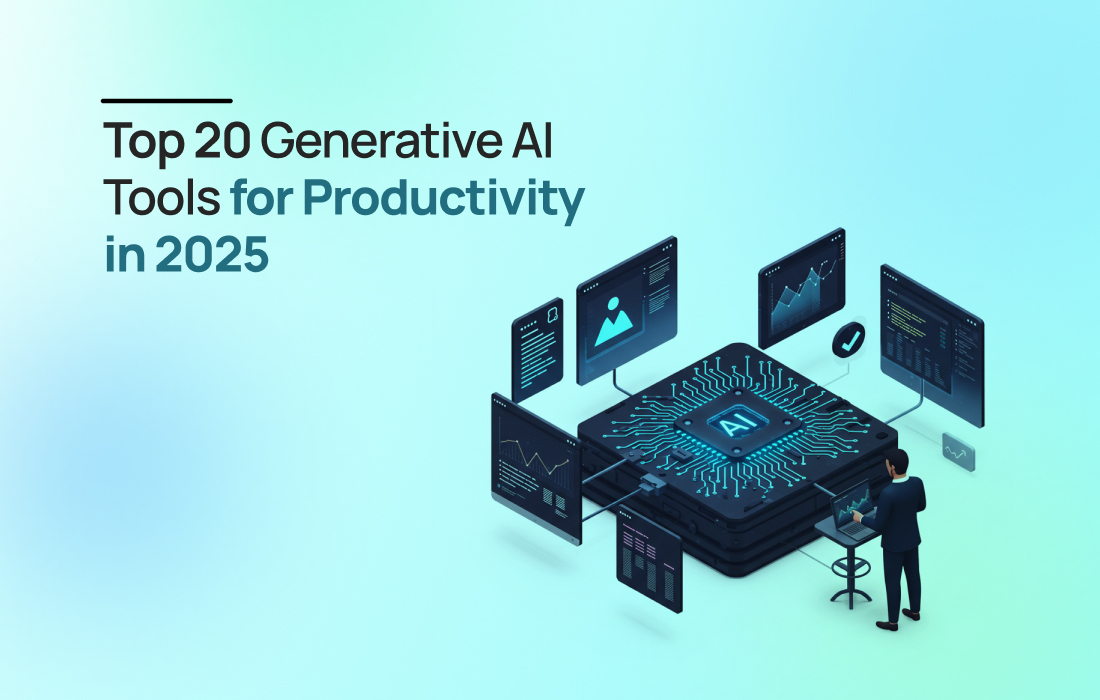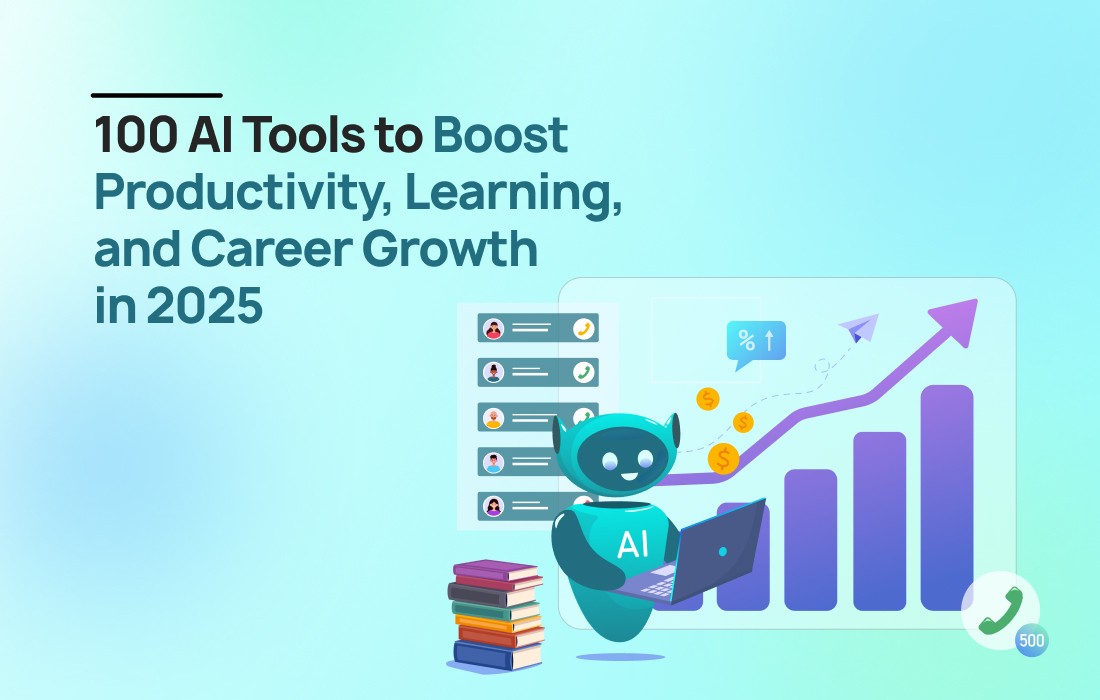Artificial Intelligence (AI) is rapidly transforming the healthcare industry. From diagnosing diseases faster to personalizing treatment plans, AI has become an indispensable ally in improving patient outcomes and operational efficiency. In this comprehensive guide, we’ll explore the key benefits, applications, projects, and real-world examples of AI in healthcare.
Why AI Matters in Healthcare
Healthcare is one of the most data-rich and time-sensitive sectors. AI helps unlock the value of massive datasets—often in real time—to support better clinical decision-making, reduce human error, and extend access to care through scalable solutions.
According to McKinsey, AI and machine learning could generate up to $100 billion annually across the healthcare value chain by 2025.
Top Benefits of AI in Healthcare
- Faster and More Accurate Diagnosis
AI algorithms outperform or assist clinicians in diagnosing diseases from imaging, lab tests, and patient records. - Predictive Analytics for Early Detection
Machine learning models predict the likelihood of diseases like diabetes, cancer, or cardiovascular issues—often before symptoms occur. - Administrative Automation
AI automates billing, scheduling, claims processing, and documentation, reducing staff burnout and cutting operational costs. - Personalized Treatment Plans
AI analyzes genomics, lifestyle, and medical history to recommend patient-specific therapies. - Remote Monitoring and Virtual Care
AI-enhanced devices and chatbots monitor vital signs and conduct preliminary consultations. - Improved Drug Discovery
AI reduces the time and cost required for discovering new drugs and optimizing clinical trials. - Reduced Errors in Clinical Workflows
AI assists with dose calculation, allergy checks, and lab result interpretations to minimize medical errors.
Common Applications of AI in Healthcare
1. Medical Imaging and Diagnostics
AI models detect anomalies in X-rays, MRIs, and CT scans. For instance, AI tools can identify lung cancer or brain hemorrhages faster than traditional radiology workflows.
2. Virtual Health Assistants
AI chatbots offer 24/7 health assistance for symptom checking, medication adherence, and follow-up support.
3. Electronic Health Records (EHR)
AI uses Natural Language Processing (NLP) to analyze unstructured notes, detect trends, and recommend interventions.
4. Predictive Risk Analysis
Hospitals use AI to forecast patient deterioration, readmission risk, or potential sepsis in ICU units.
5. Robotic Surgery Assistance
AI-guided surgical robots improve precision, reduce complications, and speed up recovery time.
6. Drug Development and Testing
AI accelerates molecule screening, matches drugs to genetic profiles, and simulates trial scenarios to boost success rates.
7. Remote Patient Monitoring
AI analyzes data from wearable devices to detect abnormal heart rates, glucose levels, or oxygen saturation.
8. Clinical Decision Support Systems (CDSS)
AI provides real-time, evidence-based treatment recommendations to clinicians based on historical and current data.
Real-World Examples of AI in Healthcare
🔹 IBM Watson Health
Uses AI to assist in cancer treatment planning and precision oncology.
🔹 PathAI
Provides machine learning solutions for pathology, improving diagnostic accuracy in diseases like cancer.
🔹 Babylon Health
Delivers AI-powered symptom checking and connects users to virtual doctors via its mobile app.
🔹 Aidoc
AI software that helps radiologists identify urgent findings such as brain bleeds and pulmonary embolisms.
🔹 Tempus
Uses AI to analyze clinical and genomic data for personalized cancer care.
Noteworthy AI Projects in Healthcare
- AI for Diabetic Retinopathy Detection: Deep learning models analyze retina scans to detect early signs of vision loss.
- Hospital Readmission Predictors: AI forecasts which patients are likely to return after discharge, enabling preventive care.
- Mental Health Chatbots: AI tools like Woebot deliver cognitive behavioral therapy through conversational interfaces.
- ICU Monitoring: Predictive algorithms alert staff to patient instability or deterioration based on sensor data.
- AI in Surgical Video Analysis: Machine vision systems assess surgical techniques in real time to ensure safety.
Challenges and Ethical Considerations
While promising, AI in healthcare must navigate issues such as:
- Data privacy and security
- Bias in algorithms due to poor training data
- Regulatory compliance (HIPAA, GDPR)
- Lack of transparency (black box AI)
- Integration with existing hospital systems
Ethical AI practices and robust validation are essential to ensure trust and safety in medical environments.
Conclusion: AI Is Reshaping the Future of Healthcare
AI is no longer a futuristic add-on—it is a core component of modern healthcare innovation. From improving diagnostic accuracy to unlocking personalized medicine, AI is elevating care quality, reducing burdens on staff, and making healthcare more accessible. As adoption continues to grow, stakeholders must balance innovation with responsibility to ensure that AI serves all patients equitably and ethically.
Follow our blog for more insights on AI, digital health, and emerging medical technologies.

